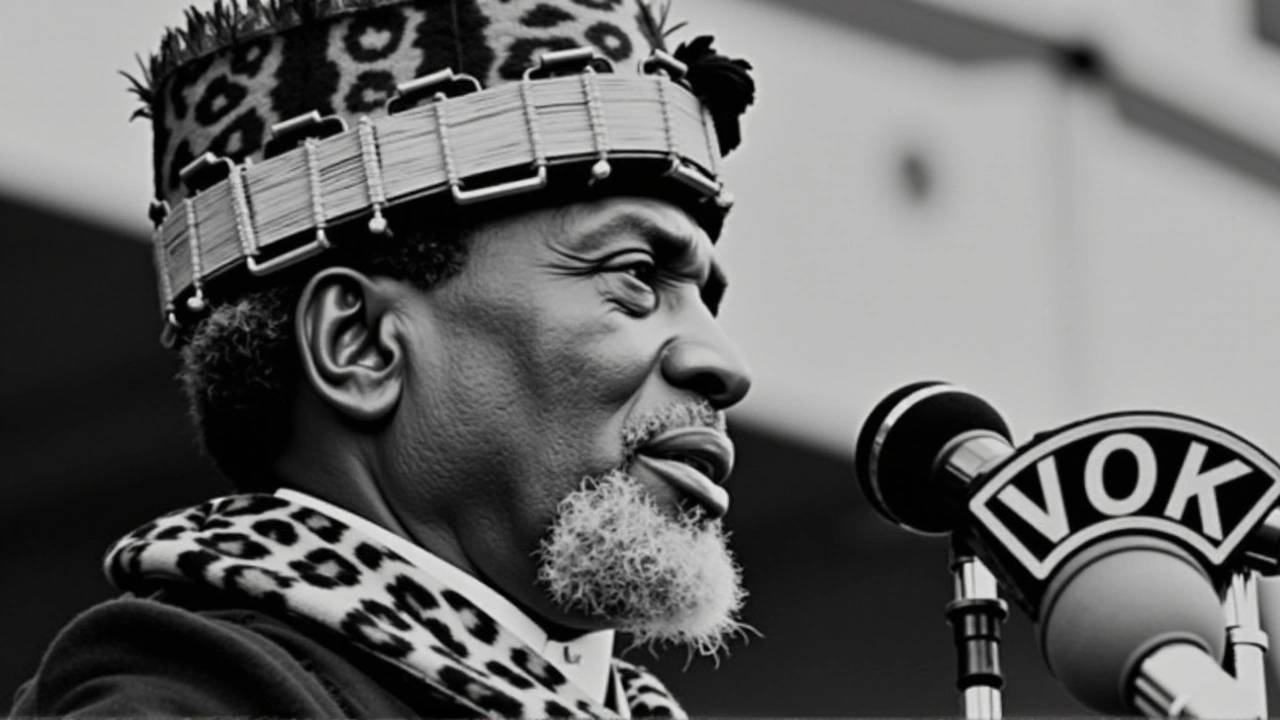Kenya Independence: What You Need to Know
Kenya's independence, achieved on December 12, 1963, marked a turning point from British colonial rule to self-governance. It wasn't a simple transition—it followed years of struggle, most notably the Mau Mau uprising, which shook the colonial powers and galvanized Kenyans to demand freedom. Understanding this history helps us see why independence remains a powerful milestone in Kenya and across Africa.
Many people ask why Kenya's independence matters today. Well, it shaped the country's political, social, and economic paths. Leaders like Jomo Kenyatta emerged, steering Kenya through new challenges after colonialism. The independence period also brought hope and difficulties, as Kenya had to fix colonial-era issues like land distribution and ethnic tensions.
The Mau Mau Rebellion: Sparks of Freedom
The Mau Mau rebellion (1952–1960) played a huge role in Kenya’s fight for freedom. It involved mostly the Kikuyu people, who resisted colonial land grabbing and racial discrimination. Although it started as a militant movement, its impact went beyond violence—it exposed harsh colonial policies to the world and forced Britain to negotiate. The rebellion’s legacy still influences Kenya’s national identity and politics.
Why Kenya Independence Still Matters
Kenya’s independence was about more than just ending colonial rule; it was about reclaiming identity and self-determination. It inspired other African nations to seek their own freedom. Today, Kenya’s independence day is a reminder of the struggles endured and the ongoing efforts to build a fair and prosperous nation. The story encourages us to appreciate the power of unity and perseverance.
If you’re curious about Kenya’s park conservation, wildlife, or outdoor culture, independence also influenced how the country manages these resources with a focus on national pride and sustainability. Kenya’s journey from colonization to independence is still reflected in its everyday life and vibrant communities.
Next time you hear about Kenya’s independence, remember it’s not just a date in history; it’s a living legacy shaping the country’s future and inspiring freedom movements worldwide.
Unmasking Jomo Kenyatta: The Complex Legacy of Kenya's First President
Jomo Kenyatta, often glorified as Kenya's 'father of the nation,' played a key role in the struggle for independence from British colonial rule. However, his true legacy includes elements of authoritarianism and cultural conservatism, masked by his skillful self-mythologizing through literature. This article explores the complex and multifaceted aspects of Kenyatta's contributions and shortcomings.
Read More
